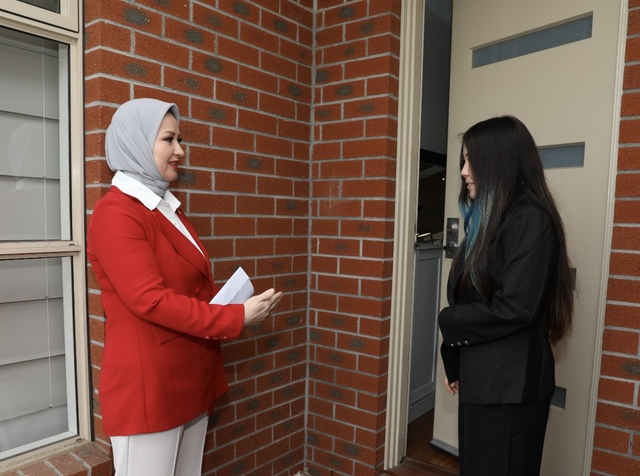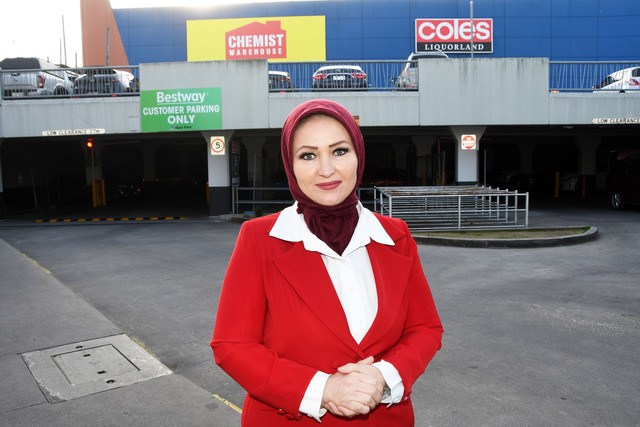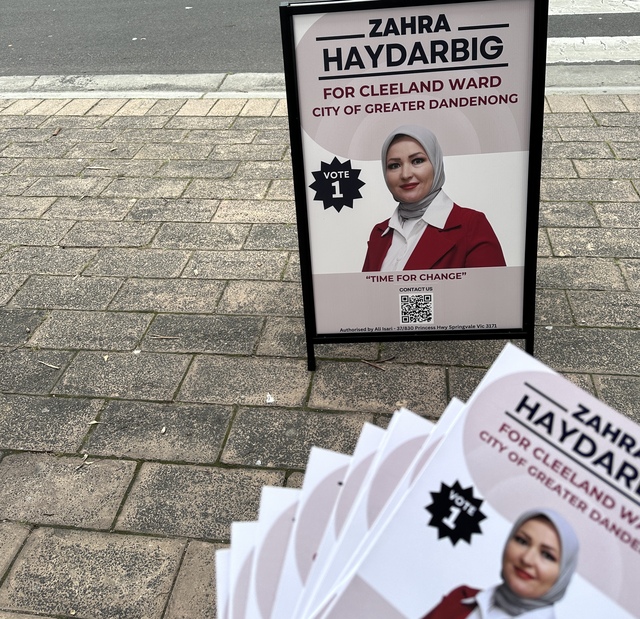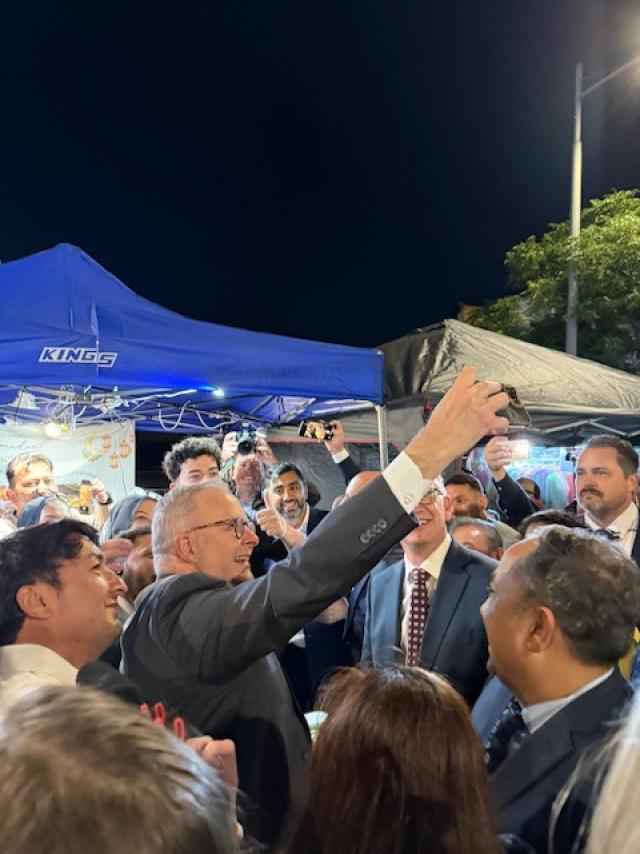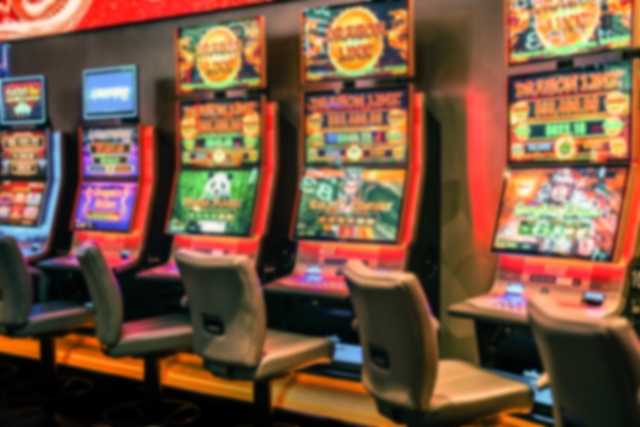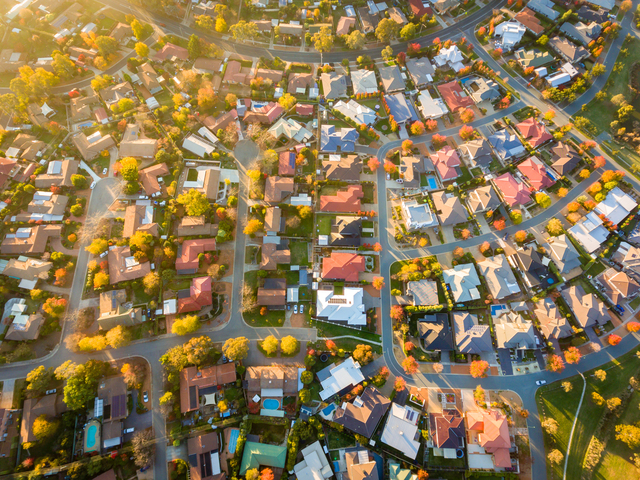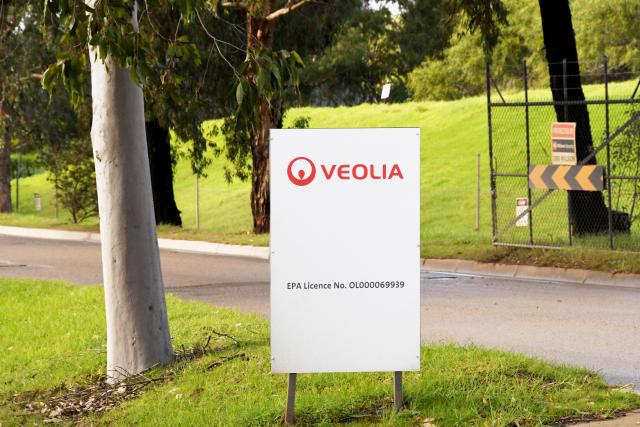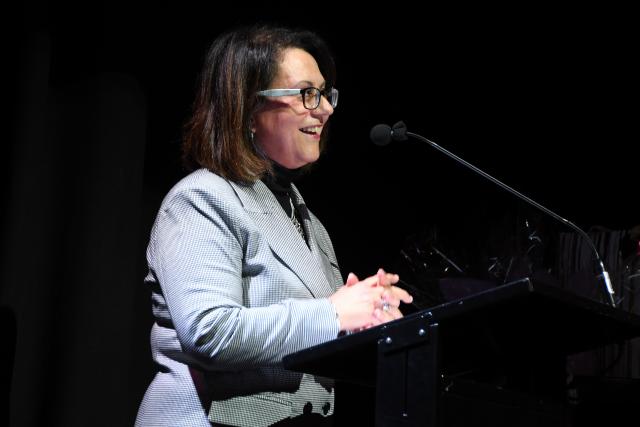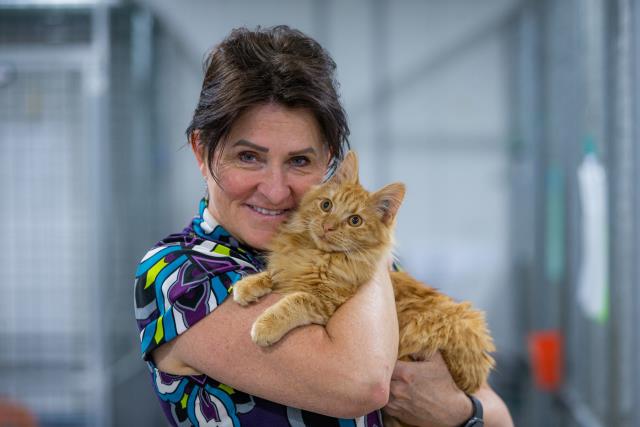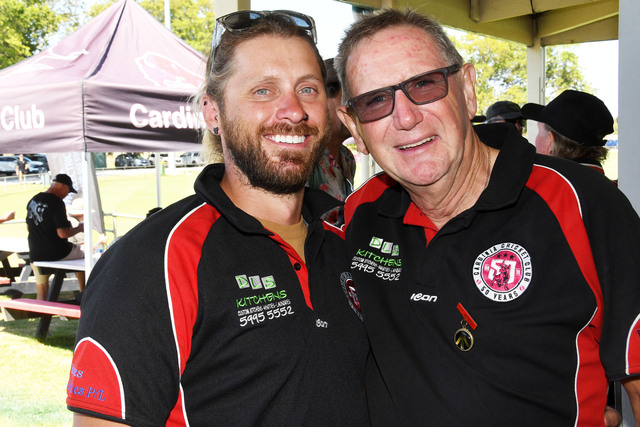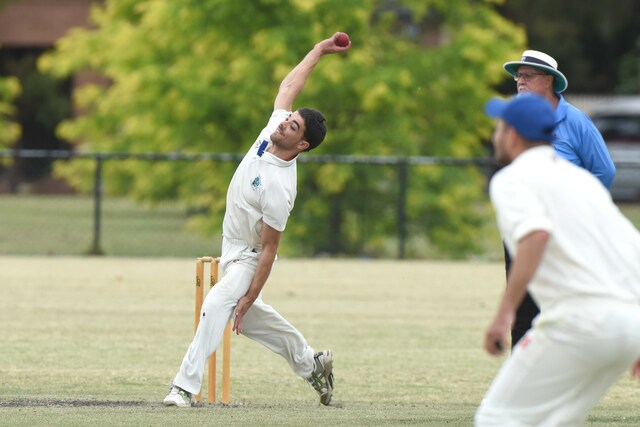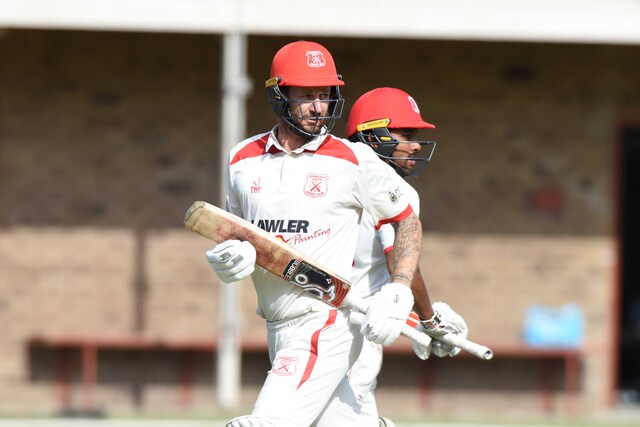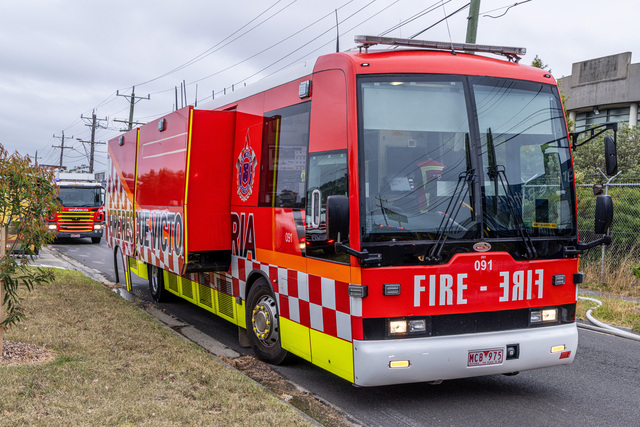A Greater Dandenong council candidate has joined a chorus speaking out against despicable racist abuse while on the hustings in the South East.
Zahra Haydar Big ran a bold campaign against two sitting councillors in Cleeland Ward, garnering nearly a quarter of the vote in November 2024.
For the proud Hazara and Muslim local candidate, the result was a triumph for multiculturalism.
However her third election tilt was also the most hostile. It left her rattled and at times, afraid to leave her home to campaign.
While doorknocking 4000 homes, Haydar Big was met with anger and vitriol at about 1000 of them.
Some would slam the door in her face, she says.
“Many of the local residents stated to my face: ‘Will you give up your religion?” or “Will you give up on your head scarf?”.
“’If you do, I’ll give you my No.1 vote.’”
“It wasn’t a very pleasant experience.
“Why should you give up on your religion or facial covering to run for council?
“This shouldn’t be about how I appear. This should be about local issues – I’m not here to represent just the Muslim community, I’m here to be a voice for all residents.”
She is shocked by her treatment in Greater Dandenong, which is Australia’s most culturally-diverse council area.
It was a “happier” time running as a candidate at Greater Shepparton in regional Victoria in 2020, when global conflicts weren’t so much in the news, she says.
The escalating Gaza war between Israel and Palestine could have been a factor. This is despite Haydar Big never making the conflict a local election issue.
There may have also been backlash against the Labor member for rising cost-of-living pressures.
Haydar Big is speaking out about the abuse to “raise awareness”, not to “play the victim card”.
“We don’t want people from culturally diverse backgrounds to stop running.
“Whether someone is Muslim, Christian, Hindu, or not religious, regardless of how they appear, they are not running to represent just one particular group as per local government rules and laws.
“And they don’t have to give up their religion, background or change their appearance if they’re running.”
Islamophobia Register Australia executive director Dr Nora Amath said the register hadn’t received any complaints from recent candidates but Islamophobia remained a “deeply embedded issue”.
“It’s disheartening, though not entirely surprising, that the candidate faced such levels of Islamophobic abuse.
“In election campaigns, Muslim candidates often face an additional layer of scrutiny and bias based on their faith, which non-Muslim candidates typically don’t encounter.”
Dr Amath said the Gaza conflict’s intensification was contributing to heightened “tension and hostility, often fueling anti-Muslim sentiment”.
“Just in one year alone, we received 932 reported cases. This total is more than the eight years of reported incidents to the Register.”
Complaints of verbal abuse, violence in public settings, online abuse and hate speech had risen, she said.
“Instances of harassment, discrimination and abuse targeting Muslim women wearing visible markers of their faith, such as the hijab, continue to be a significant portion of the reports we receive.”
Racist abuse has also been prominently reported by candiates in the neighbouring Casey council.
“I am in disbelief that being a young woman of colour would effectively disadvantage me in an electoral contest in this day and age,” Kalora Ward candidate Kasuni Mendis told Star News.
Waratah Ward candidate Jamel Kaur Singh recently said she believes racism is becoming more prevalent.
“I have been told many times in the last four weeks that I speak Australian really well, not English.
“The amount of assumptions that people make due to the colour of my skin, I have never had in my life.
“Racism definitely is more prevalent because my kids who are Australian born, 24 and 23, are finding themselves being more racially targeted today than I ever did my entire life.”
In 2023, Greater Dandenong, Casey and Cardinia councils set up the South-East Anti-Racism Support Network in response to a Victoria University study into racism in the region.
The network has received State Government pilot funding for grass-roots and accessible support services for people experiencing racism and racial/religious vilification.
Assoc Professor Mario Peucker, who led the Victoria University research, said he was struck by how diverse the Casey Council candidates were, and also by how few “non-Anglo” candidates were elected.
“What you see in the nasty incidents there, is a backlash in the community against the relatively rapid demographic changes.
“It’s the change that triggers the backlash … the sense of losing control of the cultural landscape.”
Greater Dandenong chief executive Jacqui Weatherill said the community’s “diversity is our strength” but racism still happened with “terrible and far-reaching impacts”.
“We stand firm, with our community, in condemning all racism and discrimination.
“The majority of our residents treat each other with respect.
“We are proud that the diversity of our newly-elected council group reflects that of our community.”
The council didn’t receive any formal complaints of racism from recent election candidates.
“We are appalled to hear this has taken place and offer our sympathy to the candidates who experienced it.
“We also understand that too often individuals find it difficult to speak out against racism and to seek support after experiencing discrimination.”
Australia’s Race Discrimination Commissioner, Giridharan Sivaraman said a collective effort is needed to support candidates and address racism.
“Just having equity and diversity targets doesn’t ensure the safety of people in politics or running for politics.
“It shouldn’t be the case that for a person of colour to succeed in politics or local government, they must shed themselves of everything that makes them different; their culture, religion, language, or dress, leaving them with nothing to differentiate them from someone who is Anglo, but the colour of their skin.
“That forced assimilation and lack of cultural safety is a form of systemic racism, which in turn is what leads to the kind of interpersonal racist attacks these candidates suffered.”

